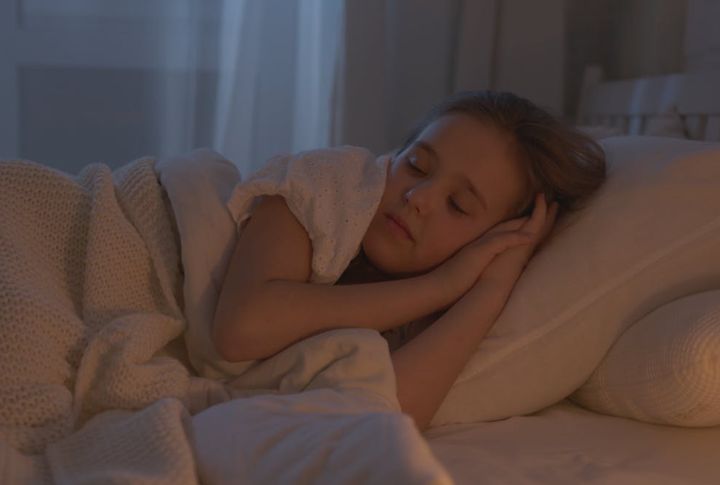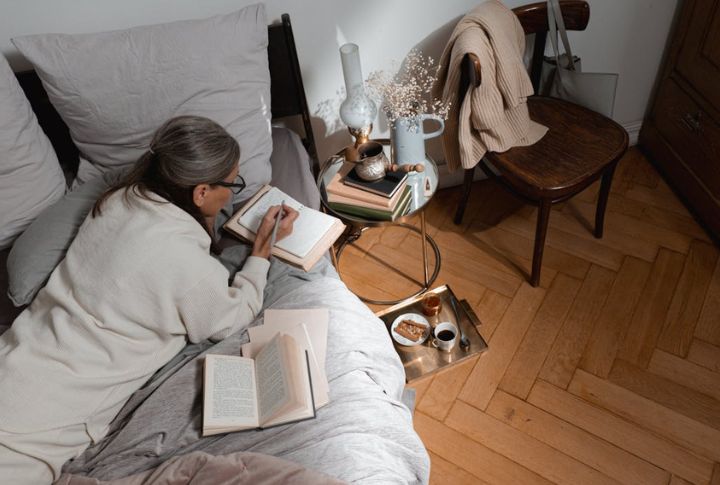
When the temperature dips, emotions often rise, but why? The colder months don’t just change your wardrobe; they quietly influence your mood and even how you connect with people. There’s far more going on beneath the surface than a simple case of winter blues. Keep reading to uncover the unexpected reasons your feelings grow stronger when the world outside turns cold.
Less Sunlight, Lower Serotonin

Think of your body as a little mood factory powered by sunlight. When winter hits and daylight fades, production of serotonin (the brain’s happiness chemical) slows down. With less of this feel-good fuel, you might find yourself more irritable or just not as upbeat as usual.
Low Vitamin D, Low Mood

As sunlight becomes scarce, your vitamin D levels drop too. This “sunshine vitamin” helps keep your mood steady, so less of it can leave you feeling low or drained. Light therapy can boost your energy, but only real UVB sunlight triggers true vitamin D production.
Messed-Up Sleep Patterns

Shorter days and longer nights actually throw off your internal clock. If your sleep-wake cycle gets out of sync, your energy will dip. That’s why winter often makes it harder to sleep well and stay emotionally balanced through the day.
Cold Doesn’t Always Mean Stress

Cold weather may feel stressful, but it’s not as simple as your body flooding with cortisol. The warmth during chilly months actually helps lower stress levels. Maybe it’s not the chill outside—it’s how your body handles all that comfort inside.
Too Much Time Alone

When it’s freezing outside, staying in and skipping social plans is tempting. But extended solitude can quietly heighten feelings of loneliness or sadness. Maintaining a warm, inviting home (around 18–22°C) can boost your mood and make reaching out to others feel easier.
Less Movement, Fewer Endorphins

It’s hard to stay active when it’s icy outside. Yet when you move less, your body releases fewer endorphins—the natural chemicals that keep you feeling good. That’s one reason winter can make you feel sluggish or more emotional than usual.
Quiet Days, Louder Feelings

Winter tends to quiet everything: the sounds, the colors, and even the air. While the world outside slows down, your mind turns inward. This calm can be peaceful, but it can also make emotions feel sharper and thoughts louder than they normally would.
Weather Changes Your Headspace

You might notice a dull headache or a strange heaviness in your body when a snowstorm rolls in. Those sensations have science behind them: quick changes in air pressure and humidity can disrupt how your body feels and even subtly affect your mood.
Comfort Can Intensify Feelings

Snuggling under a blanket or eating your favorite warm meal triggers oxytocin, the “cuddle hormone.” It’s comforting, yes. Still, there’s a catch. The more you chase cozy feelings, the more intense your emotions become overall. That’s why winter can feel both extra comforting and extra moody.
You Naturally Slow Down

Just like animals slow down for winter, humans might do the same on an emotional level. You naturally conserve energy and turn inward when it’s cold. Scientists haven’t fully proven it, but it makes sense—you’re wired to rest, reflect, and ride out the chill.

